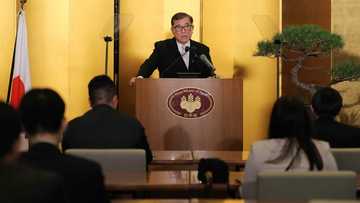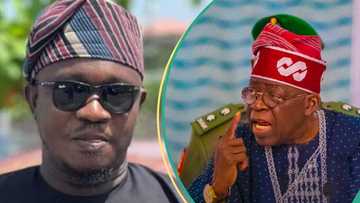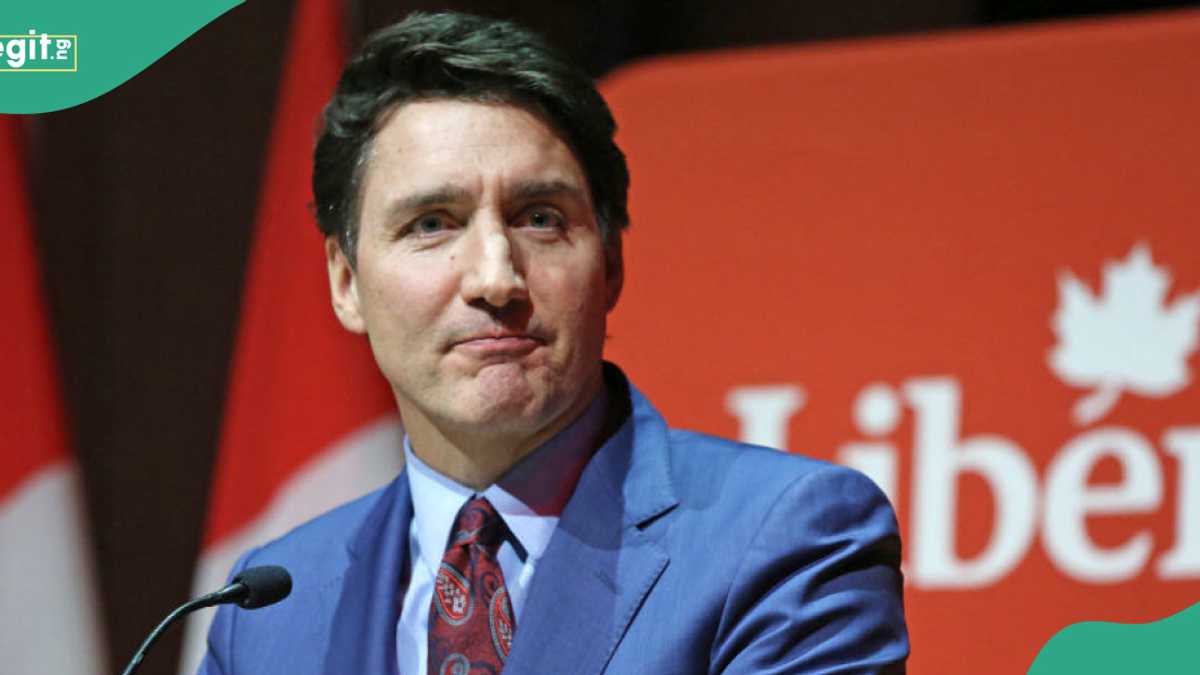Prime Minister Justin Trudeau resigns under pressure from his party after nine years in office, citing internal battles and political challengesHis departure follows criticism from within the Liberal Party, including Deputy Prime Minister Chrystia Freeland’s resignation over Trudeau’s handling of U.S. trade issuesTrudeau will stay in office until a new leader is selected, with parliament suspended until March 24, as the party prepares for upcoming elections
Under growing pressure from his own party, Canadian Prime Minister Justin Trudeau has announced his decision to step down.
This decision would, however, end nine years as the nation’s leader.
Canada’s Prime Minister Justin Trudeau Resigns, Reasons, Other Details Emerge
Source: Getty Images
Trudeau’s announcement comes just days before the Liberal Party’s national caucus meeting on Wednesday, January 1.
Trudeau stated that he would remain in office until the Liberal Party selects a new leader and that parliament would be prorogued or suspended until March 24, as reported by BBC.
“This country deserves a real choice in the next election, and it has become clear to me that if I’m having to fight internal battles, I cannot be the best option in that election,” he said.

Read also
Furo Iyenemi speaks on whether his son will play for Nigeria or Belgium
Trudeau’s departure marks the culmination of rising dissatisfaction within his party and a series of political challenges that have cast a shadow over his leadership.
Why did Justin Trudeau resigns?
The 53-year-old prime minister has faced mounting calls to resign from within the Liberal Party, which intensified in December when Deputy Prime Minister Chrystia Freeland a long-time ally abruptly stepped down.
Freeland publicly criticized Trudeau’s handling of U.S. President-elect Donald Trump’s threats to impose tariffs on Canadian goods, New York Times reported.
In a scathing resignation letter, Freeland accused Trudeau of failing to address the “grave challenge” posed by Trump’s proposed 25% tax on imported Canadian goods.
Economists have warned that such a measure could have severe repercussions for Canada’s economy.
Trudeau expressed disappointment over Freeland’s decision. “I had hoped Chrystia would continue in her post, but she chose otherwise,” he said at the time.

Read also
Japan PM says blocked US Steel deal could hit investments
Since 2019, Trudeau’s Liberal Party has governed as a minority government, relying on support from smaller parties to pass legislation.
However, recent months have seen the collapse of this coalition. The Bloc Quebecois and the New Democrats, who previously backed Trudeau’s government, withdrew their support following Freeland’s resignation and ongoing dissatisfaction with Trudeau’s leadership.
The prime minister has also struggled to address domestic issues such as rising inflation and skyrocketing housing prices, further eroding public and political confidence in his government.
The party is now tasked with selecting a new leader to navigate these turbulent political waters and prepare for the upcoming federal election later this year.
“Canada needs unity and a strong vision for the future. I believe this decision is the right step to give my party and my country the best chance to move forward,” Trudeau said in his resignation speech.
Kano Commissioner suddenly resigns

Read also
Top PDP chieftain reacts as Tinubu claims Nigeria’s experiencing better days
Earlier, Henzodaily.ng reported that Kano state commissioner for transportation, Engr. Muhammad Diggol, has tendered his resignation letter “with immediate effect”.
Diggol decided to quit after he was redeployed to the ministry of project monitoring and evaluation.
PAY ATTENTION: Сheck out news that is picked exactly for YOU 
Source: Henzodaily.ng
